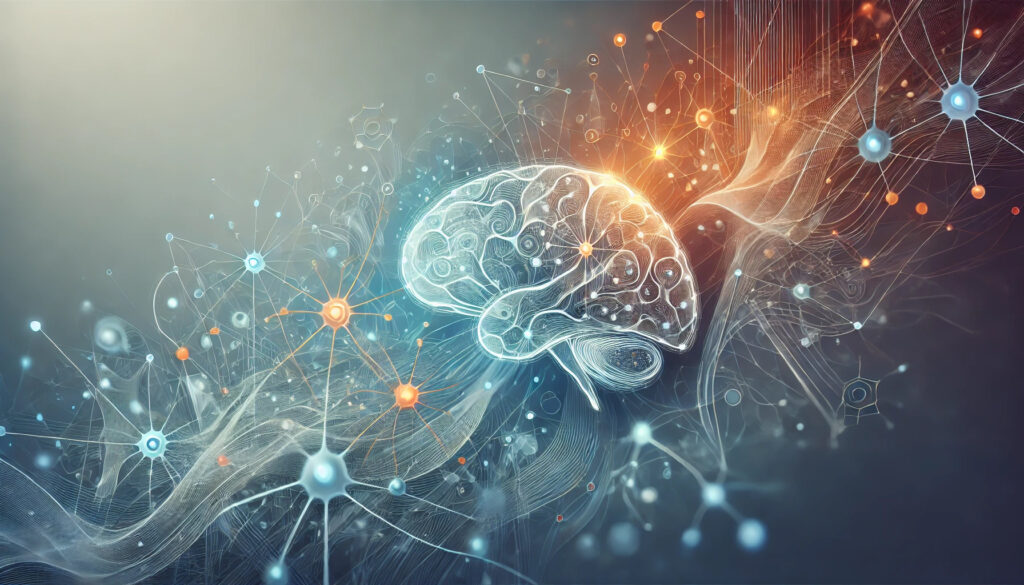- Domaines || de recherche
- Recherche Translationnelle
- Médecine translationnelle transversale (MTT)
- Centre opérationnel de médecine translationnelle (TMOH)
- Service Gestion de projets cliniques (CPMO)
- Centre d'investigation clinique & épidémiologique
- Centre de recherche clinique & translationnelle du Luxembourg (LCTR)
- Biobanque intégrée du Luxembourg (IBBL)
- Disease Modeling & Screening Platform (DMSP)
- Centre du génome Luxgen
- Plateforme de recherche en pathologie (RPP)
- Projets de Recherche
et essais cliniquesSoutenez-nous - Recherche Translationnelle
🇬🇧 Nongenetic mechanisms of tumor evolution and therapy resistance in melanoma
24/11/2022 11:00 à 13:00
- Lecture Series Cancer Research
Speaker

Jean-Christophe
Marine
Marine
VIB-KULeuven Center for Cancer Biology
Abstract
Although melanoma is notorious for its high degree of heterogeneity and plasticity, the origin and magnitude of cell state diversity remains poorly understood. Equally, it is not known whether melanoma growth and metastatic dissemination and therapy resistance are supported by overlapping or distinct melanoma subpopulations. Leveraging single-cell and spatial transcriptomics, we established a high-resolution and spatially-resolved map of the drug-naïve melanoma ecosystem and a comprehensive view of the malignant transcriptomic landscape. Moreover, by combining mouse genetics, unbiased lineage tracing and quantitative modelling, we provide evidence of a hierarchical model of tumour growth that mirrors the cellular and molecular logic underlying embryonic neural crest cell fate specification and differentiation. Our findings indicate that tumorigenic competence is associated with a spatially localized perivascular niche environment, a phenotype acquired through a NOTCH3-dependent intercellular communication pathway established by endothelial cells. Consistent with a model in which only a fraction of melanoma cells is fated to fuel growth, temporal single-cell tracing of a population of melanoma cells harbouring a mesenchymal-like state revealed that these cells do not contribute to primary tumour growth but, instead, constitutes a pool of metastatic-initiating cells. We next studied how targeted therapy and immune checkpoint blockade (ICB) remodel the entire melanoma ecosystem. We identified a series of melanoma cell states, and their underlying gene regulatory networks, that are either selected by and/or induced by the treatment to constitute a pool of relapsing-initiating cells. These studies demonstrate that the ability to support growth, metastasis and therapy resistance is limited to partly overlapping pools of melanoma subpopulations. The observation that these phenotypic competencies can be dynamically acquired upon exposure to specific niche signals warrant the development of therapeutic strategies that interfere with the cancer cell reprogramming activity of such< microenvironmental cues.
Host


LOCATION
CHL – Centre
Room: Amphitheatre
4 rue, Ernest Berblé
L-1210 Luxembourg
LECTURE: 11:00am – 12:00pm
Please note that registration is mandatory by sending an email to siu-thinh.ho@lih.lu
MEET & EAT
12:00pm – 13:00pm
LIH – DoCR (BAM)
Room: Mc Clintock
6A, rue Nicolas-Ernest Barblé
L-1210 Luxembourg
Supported by:

Protection des données
En savoir plus sur la « Notice sur la protection des données : traitement des données personnelles dans le cadre de la gestion des événements ».


